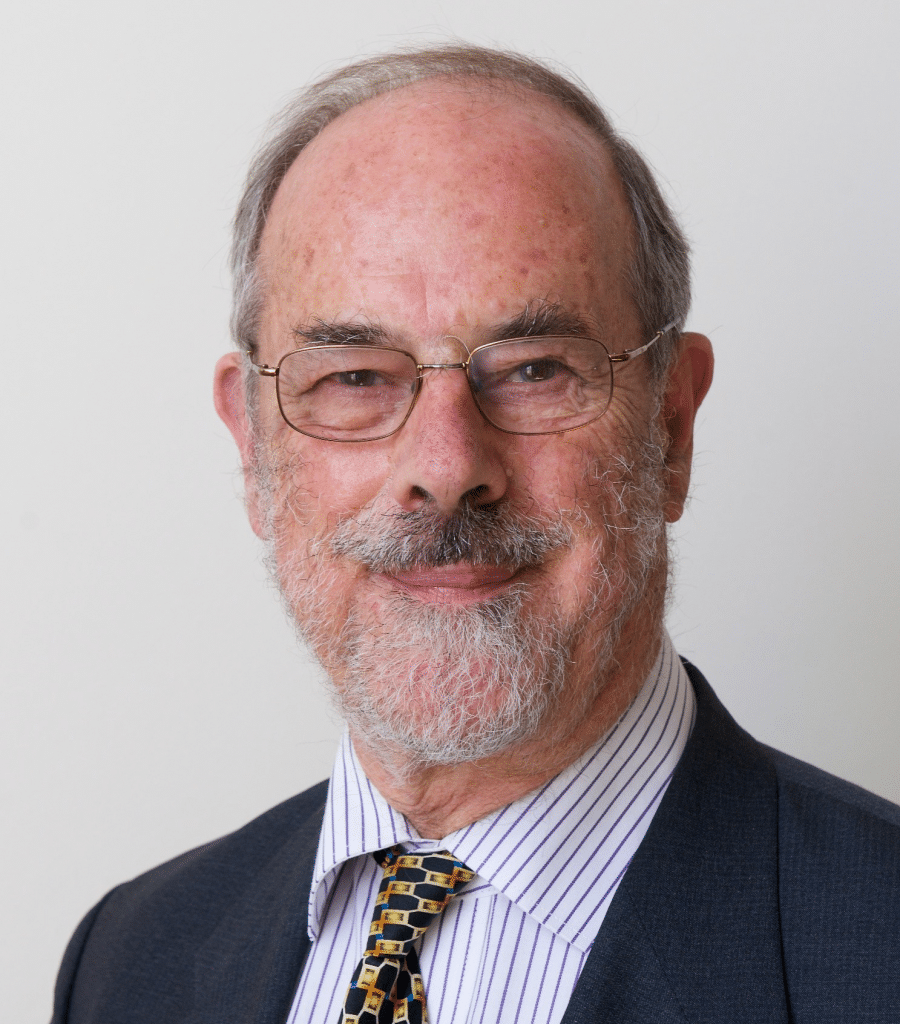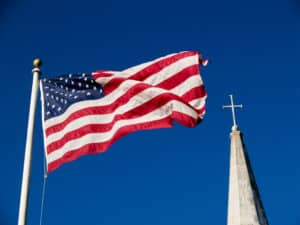
By Mark Brolly
10 December 2021
Prominent Melbourne Anglican and nuclear advocate Ian Hore-Lacy has been remembered as a firm Christian friend to many, after he died during a camping trip in the Snowy Mountains.
Mr Hore-Lacy, who worshipped at St Alfred’s Blackburn North, was a Fellow of ISCAST (Christians in Science and Technology), and advocate of nuclear energy.
He was dedicated to Christian mission through organisations such as the Australian Fellowship of Evangelical Students and Zadok.
Mr Hore-Lacy is survived by his wife Libby, four children and five grandchildren.
A notice from his family in The Age on 8 December said in part: “Strong in faith, he used every gift and opportunity to serve the Lord he loved.
“He lived life fully to the end.”
ISCAST Executive Director the Reverend Dr Chris Mulherin said Mr Hore-Lacy, who died on 2 December aged 81, was “a scientist, a lay theologian, a global expert on nuclear power, and a man without guile who said what he believed without fear or favour”.
“While he had a booming voice and powerful presence, he was a kind man with a big heart,” Dr Mulherin said.
“Long before climate change and ‘green issues’ started dominating the media, Ian was wrestling with what it means for humans to fulfil their God-given calling to exercise ‘responsible dominion’ over the planet.”
Melbourne Business School dean and director, and Reserve Bank board member, Professor Ian Harper, also paid tribute to Mr Hore-Lacy on the ISCAST website.
“Ian’s abiding interest in Christianity and science extended to economics, and we shared many an exchange, both in person and via email, whenever a new book, podcast or YouTube video appeared that addressed our common interest,” Professor Harper wrote.
“He was especially encouraging and gracious regarding my own attempt to reconcile Christian principles with modern economics in Economics for Life.
“Ian was invariably thoughtful and provocative but always in the cause of a more rational understanding of God’s ordering of the world and the affairs of human beings in it.
“He was a deep thinker, a wise counsellor and a firm Christian friend to many. He will be sorely missed.”
A statement from the World Nuclear Association said Mr Hore-Lacy was “our dear friend … (and) one of our longest-serving colleagues”.
“After university, Ian worked as a Senior Biology Master at the Geelong College, before moving to CRA Limited (later Rio Tinto) in 1974 as an environmental scientist,” it said.
“His skills as a communicator and educator then led him to become General Manager of the Uranium Information Centre in Melbourne in 1995.
“Ian joined World Nuclear Association in 2001 as Director for Public Communications, and later Senior Research Analyst.
“Ian single-handedly created the Information Library, the world’s most authoritative online resource on all things nuclear, a library that over the years has been extensively used and referenced by industry, academics, students, journalists, and policymakers alike. Its more than 180 papers, which Ian tirelessly updated and developed, constitute one of his many legacies, and it will also be a lasting homage to his dedication to nuclear education.
“In 2017, Ian decided to reduce his time with the Association to focus on other key priorities such as his family, his church, mentoring young people, and driving 4x4s in the Australian outback.
Mr Hore-Lacy’s funeral will be held at 10am on 15 December at St Alfred’s Anglican Church, 107 Springfield Rd, North Blackburn. Due to COVID restrictions, only those who are fully vaccinated can attend. A livestream will be found via this link.







